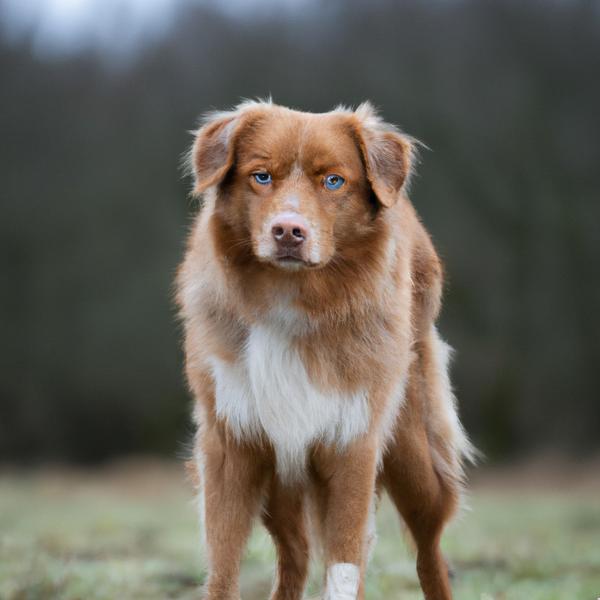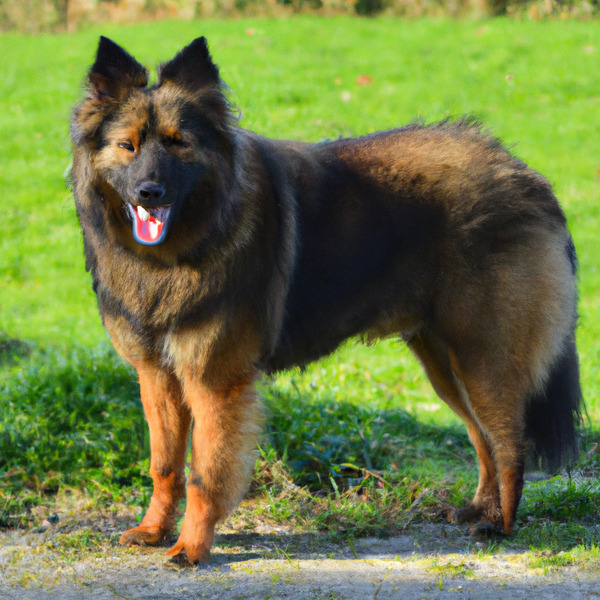Australian Retriever vs. Basque Shepherd: Breed Differences and Similarities
Hypoallergenic
Are Australian Retrievers or Basque Shepherds hypoallergenic, or neither?
Unfortunately, neither Australian Retriever nor Basque Shepherd are hypoallergenic, which may not make them the best choice for dog lovers who suffer from pet allergies.
Watchdog Ability
Which dog breed makes a better watchdog, the Australian Retriever or Basque Shepherd?
Australian Retrievers are decent watchdogs - they'll alert their owner if something seems amiss.
Choose a Basque Shepherd if you want a top-notch watchdog. This breed takes guarding seriously, and may not require much training, though obedience or guard dog training can improve their skills.
Origin
What is the origin of Australian Retriever and Basque Shepherd dog breeds?
United States
Spain
Ancestry
What are the origins of Australian Retriever and Basque Shepherd breeds?
Australian Shepherd and Golden Retriever
Unknown
Date of Birth
When were Australian Retriever and Basque Shepherd breeds first developed?
2005
Ancient Times
Litter Size
What is the usual litter size for Australian Retriever and Basque Shepherd?
An Australian Retriever can have a litter of 6-9 puppies on average. However, it's worth noting that the size of the litters can vary greatly. Factors that can influence litter size include the health of the mother, breeding history, and genetics.
A Basque Shepherd can have a litter of 12-15 puppies on average. However, it's worth noting that the size of the litters can vary greatly. Factors that can influence litter size include the health of the mother, breeding history, and genetics.
Major Concerns
What are the major health concerns for Australian Retriever and Basque Shepherd breeds?
Hip Dysplasia
Epilepsy
Bloat
Canine Hip Dysplasia (Chd)
Gastric Dilation Volvulus (GDV) or Bloat
Minor Concerns
What minor health issues should be kept in mind when owning Australian Retriever and Basque Shepherd?
Eye Problems
Hypothyroidism
Ear Infections
Cataracts
Congenital Heart Defect (CHD)
Occasional Tests
What occasional tests are recommended for Australian Retriever and Basque Shepherd breeds?
Eye
Hip
Skeletal
Thyroid Tests
X-Rays
Eye Examination
Hip X-Rays
Dental Examination
Ear Examination
Echocardiogram Tests
Chest X-rays
Energy
How do the energy levels of Australian Retrievers and Basque Shepherds compare?
Australian Retriever and Basque Shepherd breeds are high-energy dogs, thus an active lifestyle suits them well.
Exercise Needed
Australian Retriever vs Basque Shepherd exercise need comparison.
Australian Retrievers require significant physical activity and suit those with an active lifestyle.
Basque Shepherds need high physical activity and are ideal for active individuals, but not suitable for sedentary lifestyles or small apartments.
Tendency to Bark
Do Australian Retrievers or Basque Shepherds bark more/less frequently?
Australian Retriever dogs are generally less vocal than other breeds and only bark when necessary, such as to alert their owner or communicate.
Basque Shepherds bark moderately when necessary and may also bark due to certain triggers like fear, alarm, boredom, greeting, separation anxiety and compulsive barking.
Past times
What are some enjoyable activities and ways to keep Australian Retriever and Basque Shepherd entertained?
Cuddling, Swim, Dressing up, Dog, Walk, Fetch, Chase, Run, Training, Snow, Sniffing, Catch, Frisbee, Hiking, Running, Swimming, Who’s there, Hide & Seek, Tug, Tug-of-war, Go to Beach, Go to Park, Nap, Ball, Roughhouse, Catch treats, Cuddles, Tricks, Teaching tricks, Playing babies
Playing with us
Grooming
Which breed is easier to maintain in terms of grooming, Australian Retrievers or Basque Shepherds?
Australian Retriever and Basque Shepherd are breeds of dogs that require an average amount of grooming effort.
Brushing Frequency
What is the recommended brushing frequency for Australian Retriever and Basque Shepherd dogs?
Ideally, both Australian Retriever and Basque Shepherd should be brushed at least 2 or 3 times a week (preferably daily) to improve shedding.
Intelligence
Comparing Intelligence: Australian Retrievers vs Basque Shepherds
The Australian Retriever and Basque Shepherd breeds are considered very intelligent and easy to train.
Affection Dependance
Which is the more affectionate dog breed: Australian Retriever vs Basque Shepherd?
Dog Friendly
Which breed is more sociable with other dogs: Australian Retriever or Basque Shepherd?
Australian Retrievers are friendly and active companions, and can be good family pets, though their friendliness towards other dogs may vary.
Basque Shepherds are average in their friendliness towards other dogs, and socialization can help.
Playfulness
Which breed is more playful between Australian Retriever and Basque Shepherd?
Australian Retrievers are very playful, so adopting an older one might be a better option for a more relaxed experience.
Basque Shepherds are a playful breed that needs daily playtime to be happy.
Trainability
How do the trainability levels of Australian Retrievers and Basque Shepherds compare?
The Australian Retriever is highly intelligent and eager to please, making it a great choice for both novice and experienced dog owners due to its easy trainability.
Basque Shepherds are popular for their ease of training and quick learning ability.
Compare Australian Retriever with other breeds
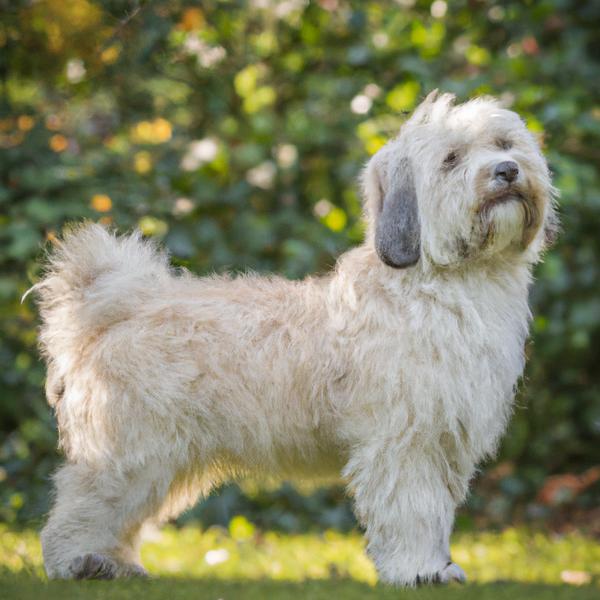
Dandie Dinmont Terrier
Australian Retriever vs Dandie Dinmont Terrier
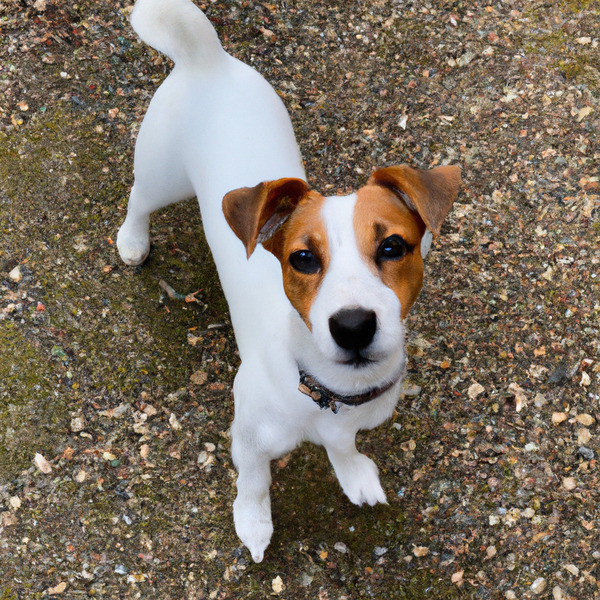
Jack Russell Terrier
Australian Retriever vs Jack Russell Terrier
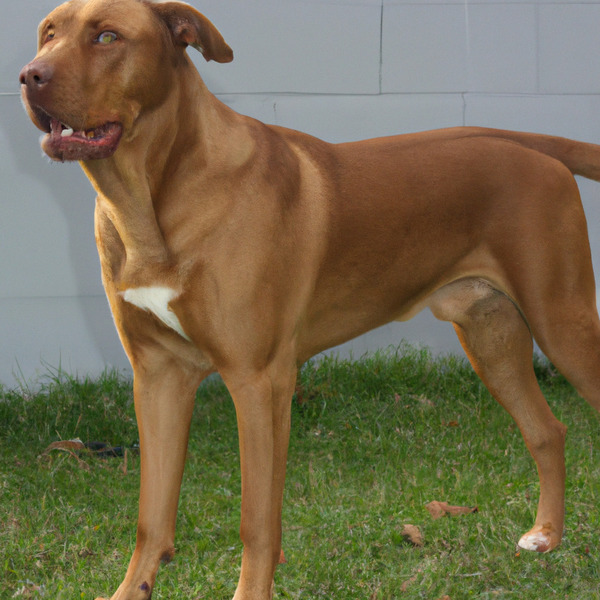
Uruguayan Cimarron
Australian Retriever vs Uruguayan Cimarron
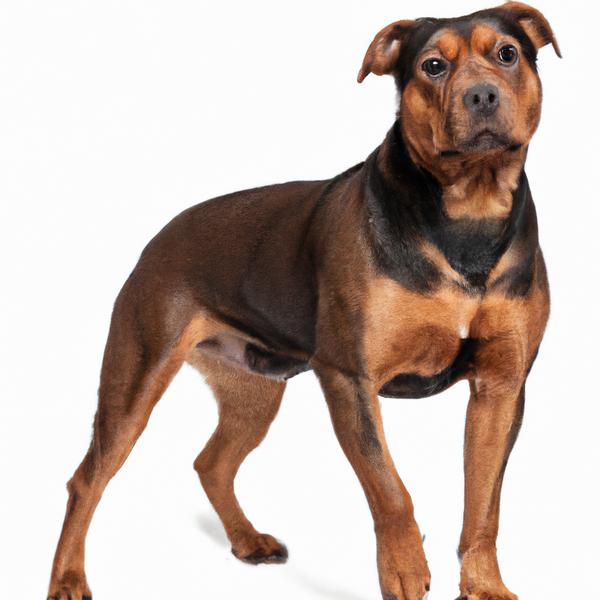
Pitweiler
Australian Retriever vs Pitweiler
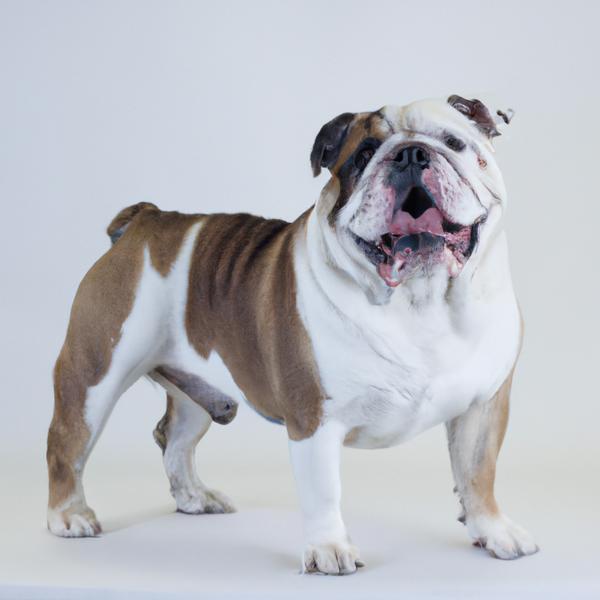
English King
Australian Retriever vs English King
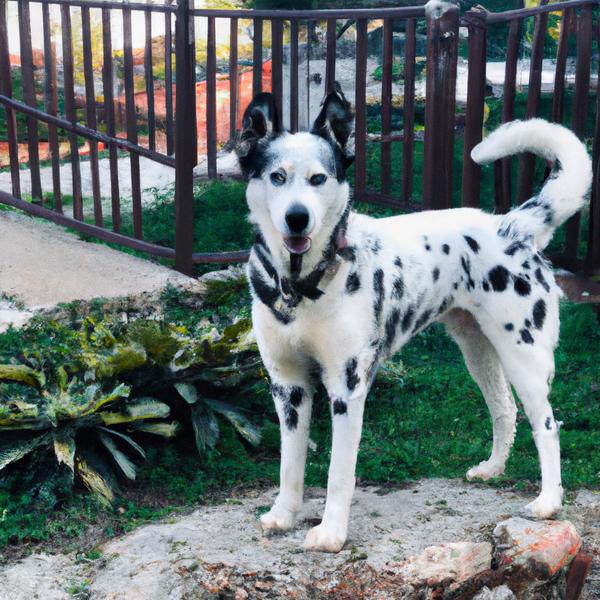
Dalmatian Husky
Australian Retriever vs Dalmatian Husky
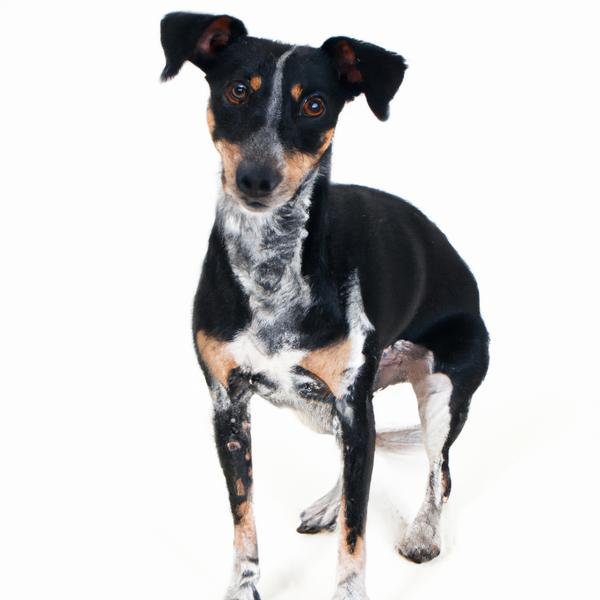
Bluetick Rat Terrier
Australian Retriever vs Bluetick Rat Terrier
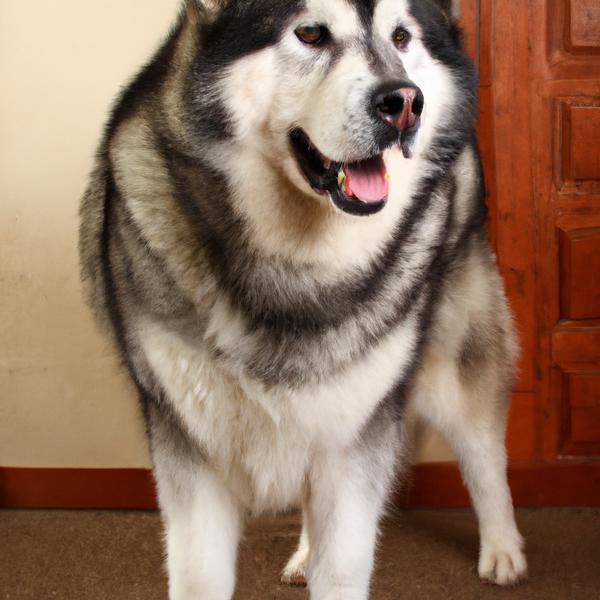
Alaskan Malamute
Australian Retriever vs Alaskan Malamute
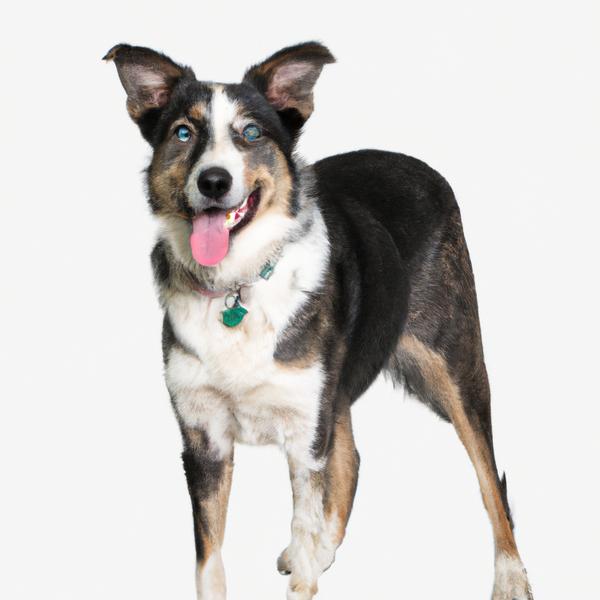
Cattle Collie Dog
Australian Retriever vs Cattle Collie Dog
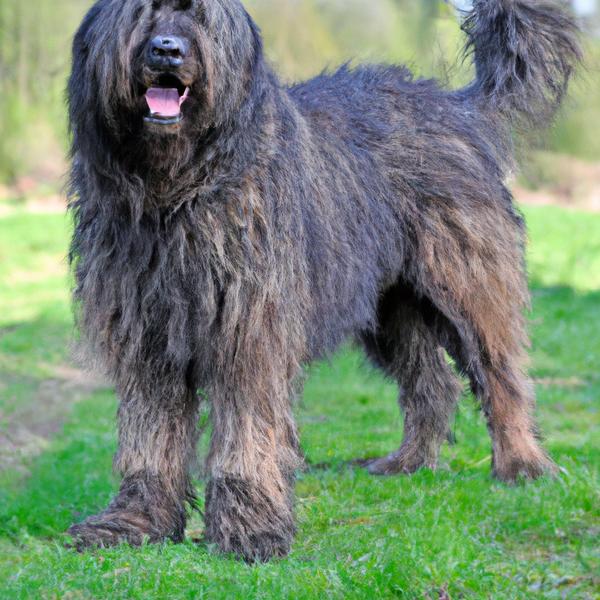
Bergamasco Shepherd
Australian Retriever vs Bergamasco Shepherd

Miniature Golden Retriever
Australian Retriever vs Miniature Golden Retriever
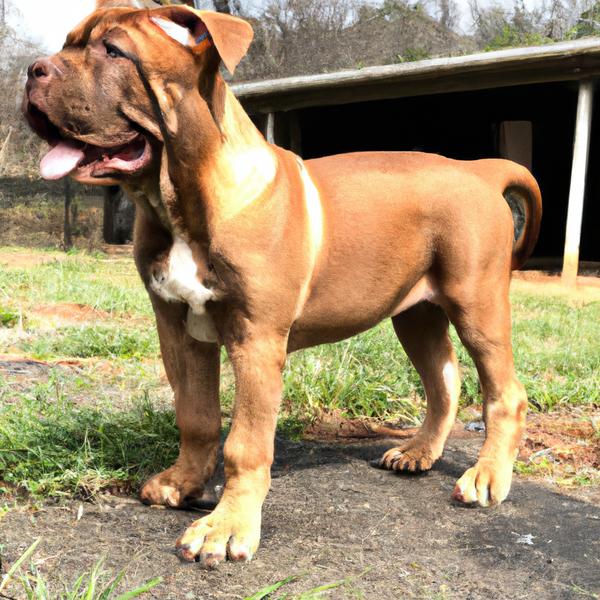
Box-a-Shar
Australian Retriever vs Box-a-Shar
